Laws in different states of India in relation to conversion
Some key states that have enacted anti-conversion laws include:
Madhya Pradesh: The Madhya Pradesh Freedom of Religion Act, 1968, was one of the first anti-conversion laws in India. It mandates that anyone intending to convert must notify the district magistrate and that any conversion carried out through force, fraud, or inducement is punishable by law.
Odisha: The Odisha Freedom of Religion Act, 1967, similarly prohibits conversions through coercion or deceit.
Gujarat: The Gujarat Freedom of Religion Act, 2003, adds specific provisions against conversions carried out by marriage.
Uttar Pradesh: In 2020, Uttar Pradesh passed the Prohibition of Unlawful Religious Conversion Ordinance, which introduced strict regulations against conversions, particularly targeting conversions for marriage, often referred to as “love jihad” by its critics.
These laws generally require individuals or religious leaders to seek prior permission from the government before performing a conversion and impose penalties for non-compliance.
Constitutional Challenges and Case Laws
The Indian Constitution guarantees the right to freedom of religion under Articles 25 to 28. Article 25(1) states that all persons are equally entitled to freedom of conscience and the right to freely profess, practice, and propagate religion. However, this right is subject to public order, morality, and health, as well as other provisions related to fundamental rights.
The tension between anti-conversion laws and constitutional rights has led to several landmark cases:
Rev. Stainislaus v. State of Madhya Pradesh (1977): This case is a cornerstone in the legal discourse on anti-conversion laws in India. The Supreme Court upheld the constitutionality of the Madhya Pradesh and Odisha anti-conversion laws, ruling that the right to propagate religion does not include the right to convert others forcibly. The court emphasized that these laws are necessary to maintain public order.
Sarala Mudgal v. Union of India (1995): In this case, the Supreme Court addressed the issue of religious conversions for the purpose of marriage. While the court did not directly rule on the constitutionality of anti-conversion laws, it highlighted the complexities surrounding conversion in India, particularly in cases involving personal laws.
Shafin Jahan v. Asokan K.M. & Ors. (2018): Popularly known as the Hadiya case, this Supreme Court judgment affirmed an adult’s right to convert to another religion and marry a person of their choice. The court ruled that the individual’s right to choose religion and marriage is a fundamental right under the Constitution, reinforcing the autonomy of individuals in matters of faith.
These cases illustrate the judiciary’s attempt to balance the right to freedom of religion with the state’s interest in preventing coercive conversions.

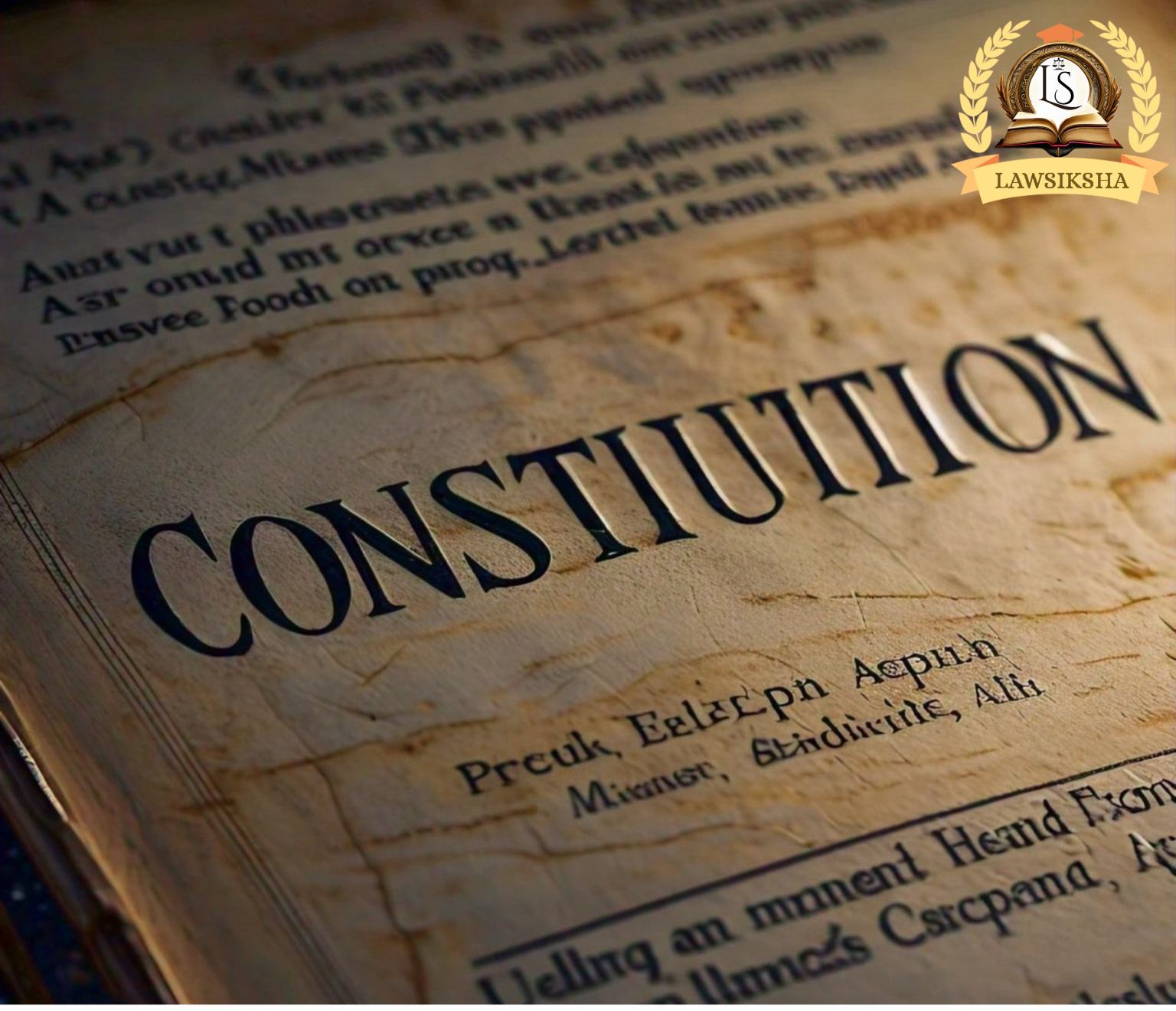






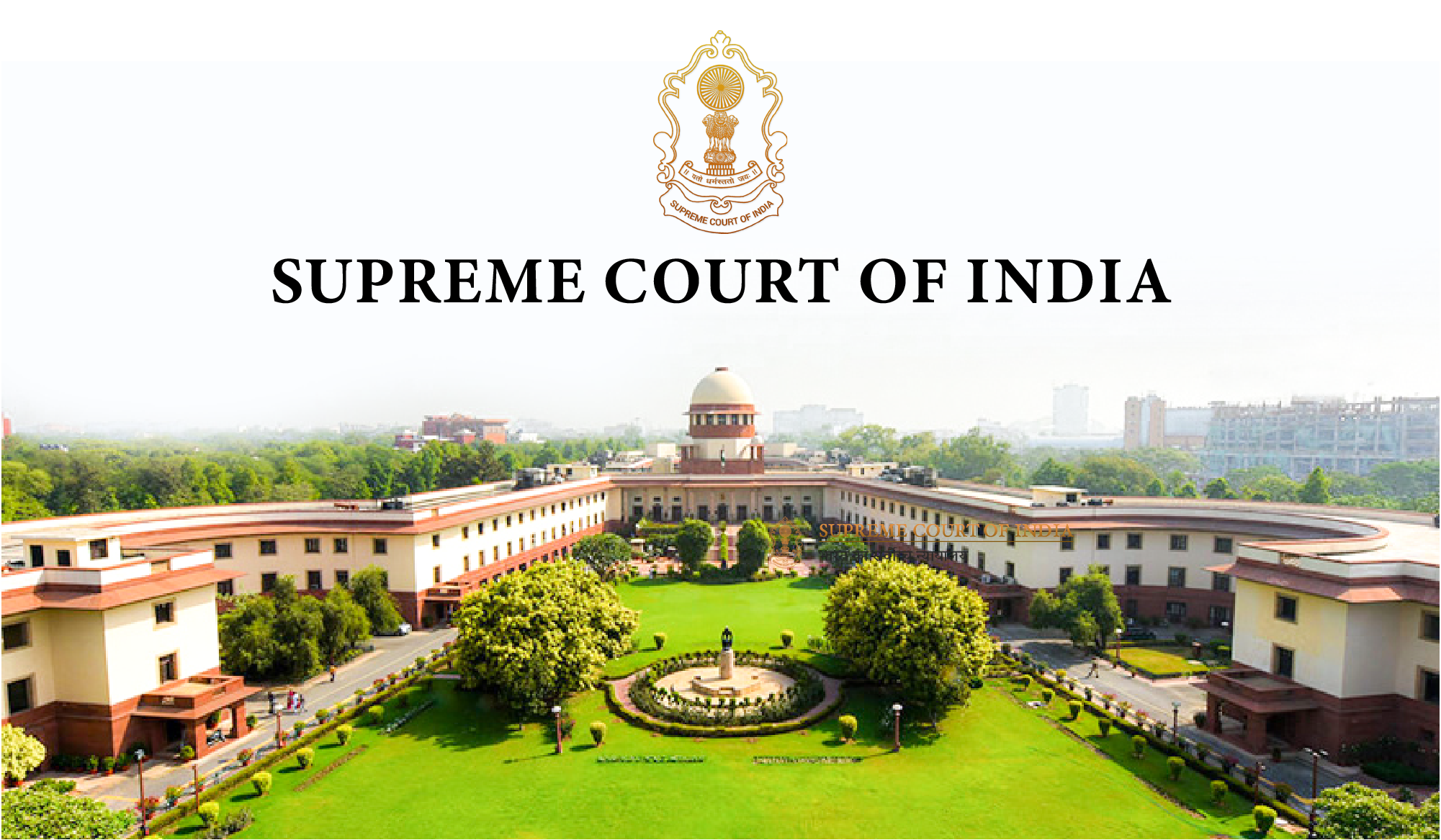
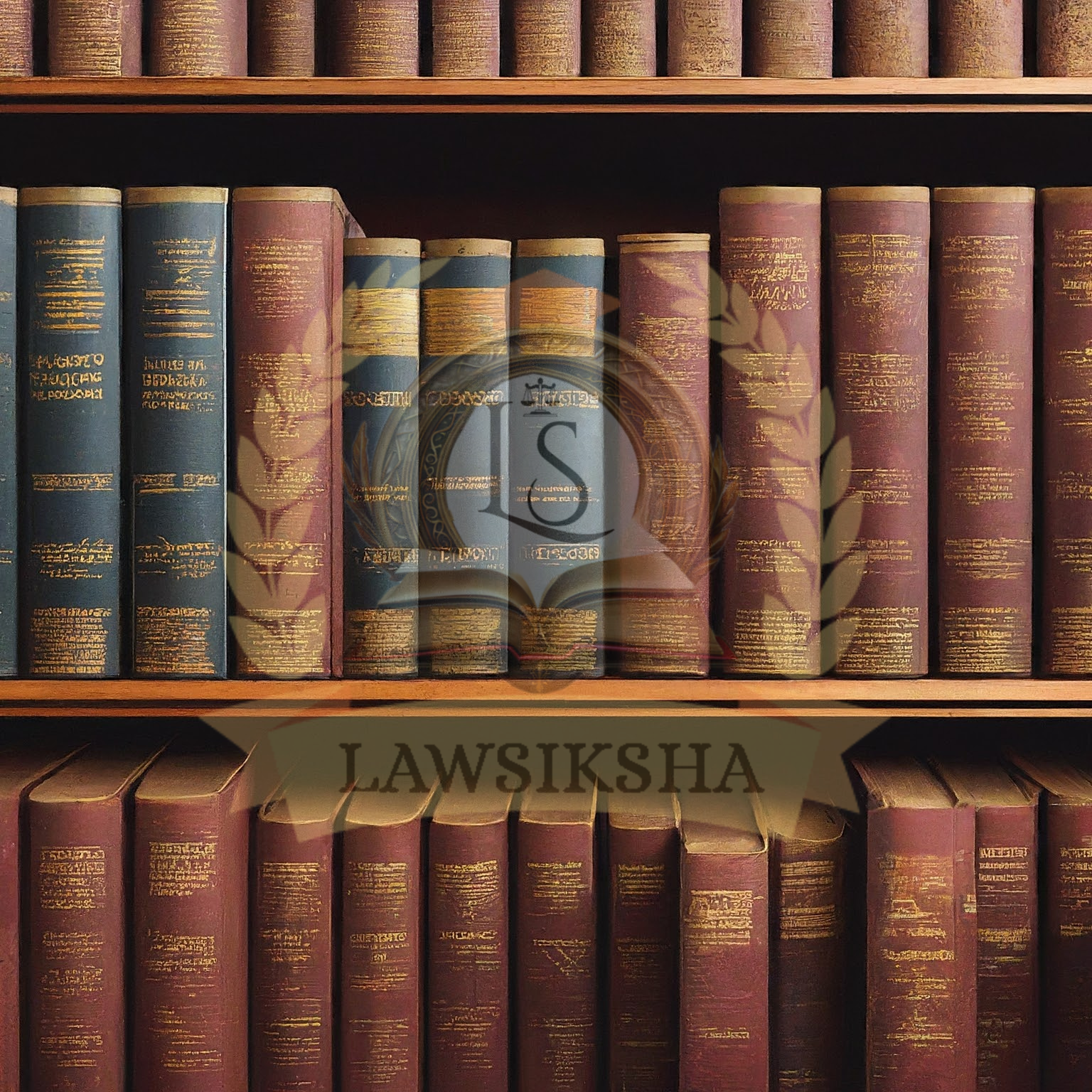
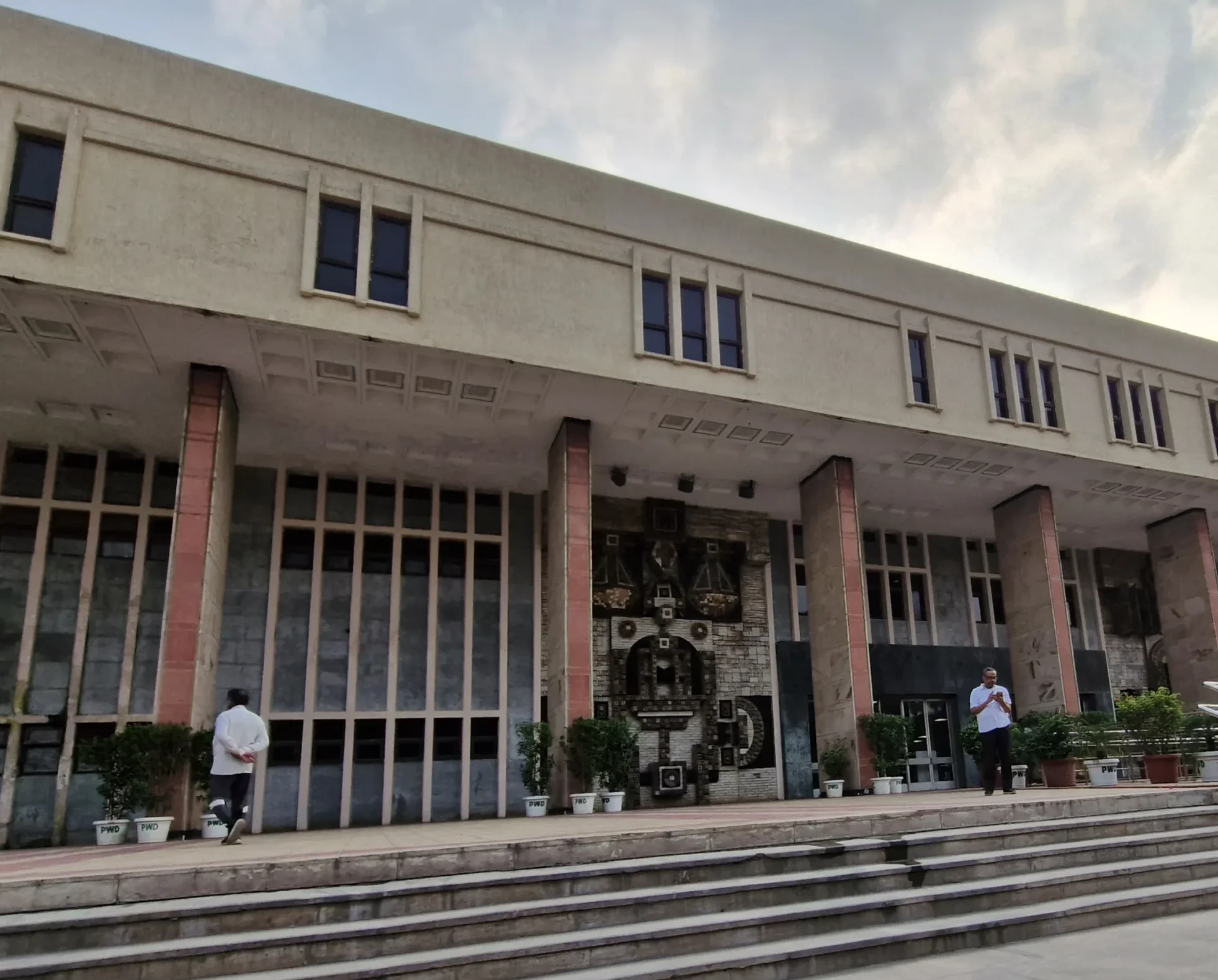

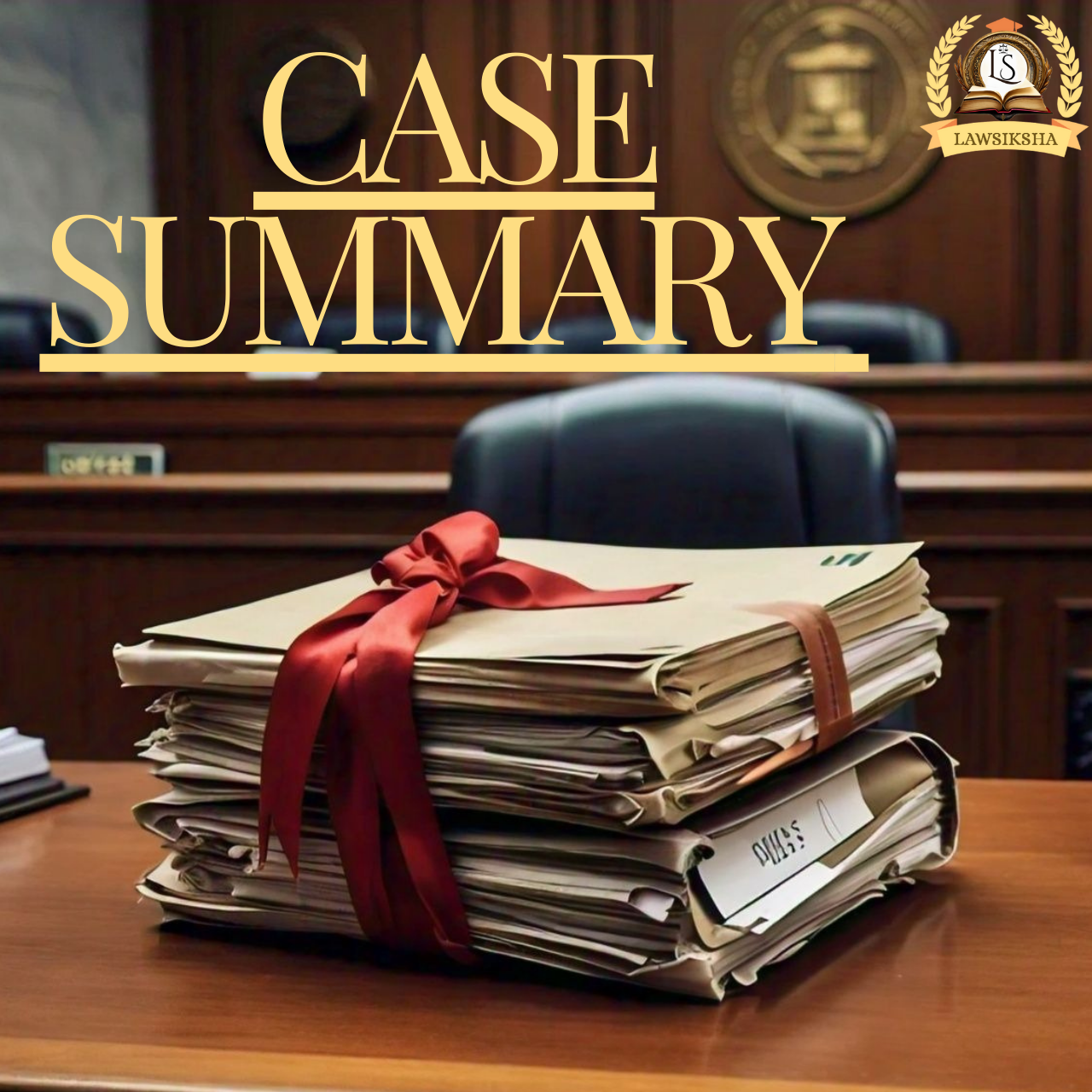
Leave a Reply